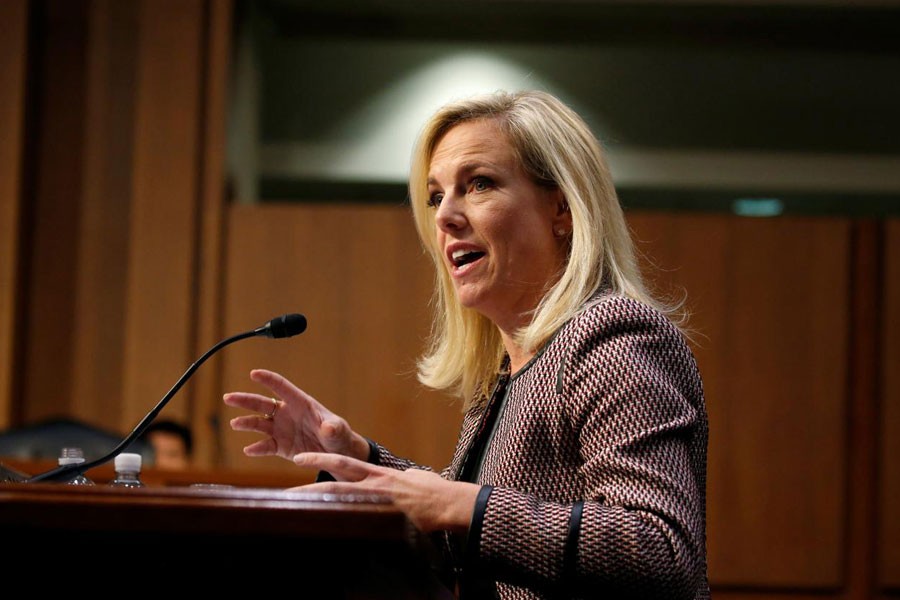A US ban on refugees from 11 "high-risk" countries has been lifted but any who seek to enter the country will face new security measures, officials say.
They will undergo risk-based assessments before admission, says Homeland Security Secretary Kirstjen Nielsen.
The Trump administration banned refugees from 10 Muslim-majority nations and North Korea in October, says a BBC report.
It is "important that we know who is entering" the US, Nielsen said.
"These additional security measures will make it harder for bad actors to exploit our refugee programme, and they will ensure we take a more risk-based approach to protecting the homeland", Nielsen said at a public event in Washington.
Although the barred nations have not been officially named, refugee groups say Egypt, Iran, Iraq, Libya, Mali, North Korea, Somalia, South Sudan, Sudan, Syria and Yemen have all seen the effects of the ban.
For the last three years, more than 40% of refugees streaming into the United States have come from these 11 nations.
When the Trump administration's ban went into effect in October, refugee rates were halved to 45,000 in the fiscal year 2018 and only 23 people from those 11 nations have entered the US since October, according to Reuters.
Those 23 people were allowed in because a federal judge in Seattle partially blocked the administration's restrictions claiming that refugees with significant ties to the United States would still need to be processed while the ban was in effect.


